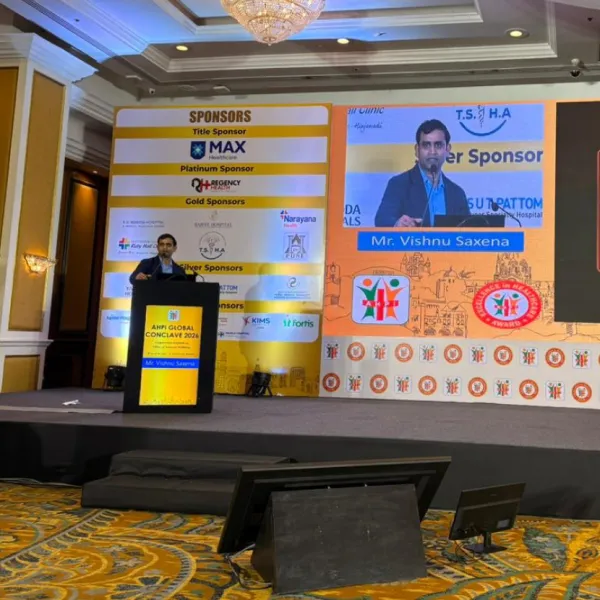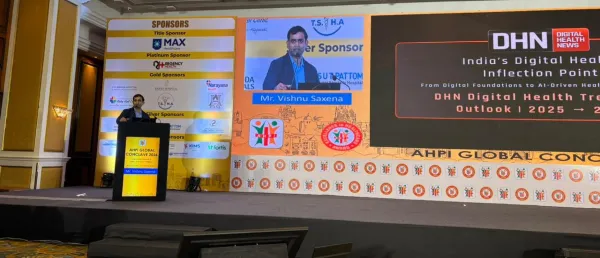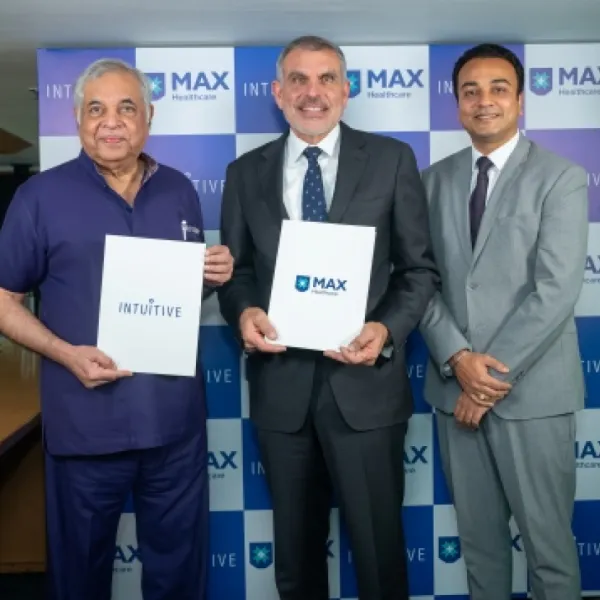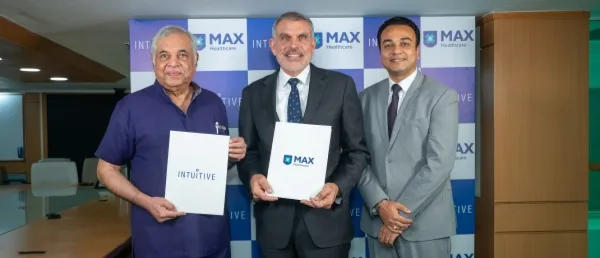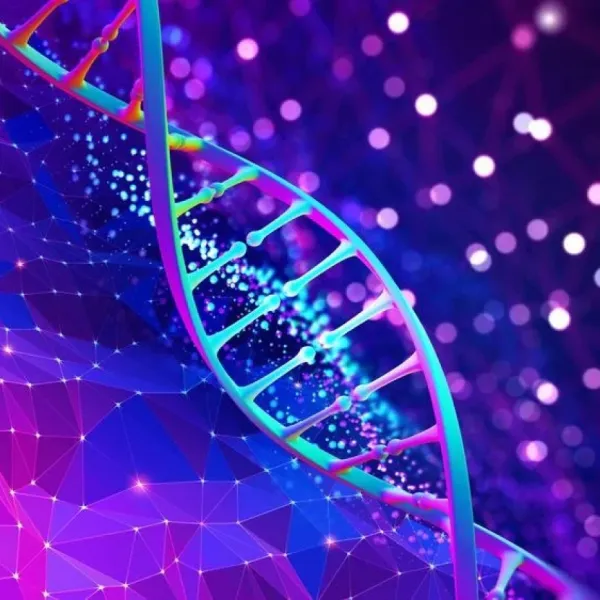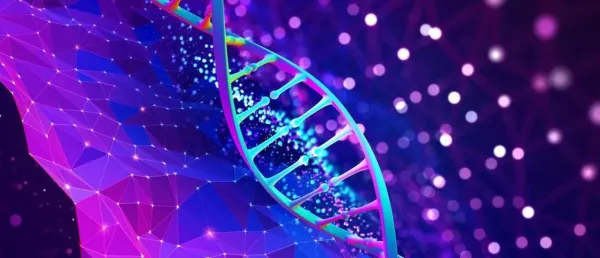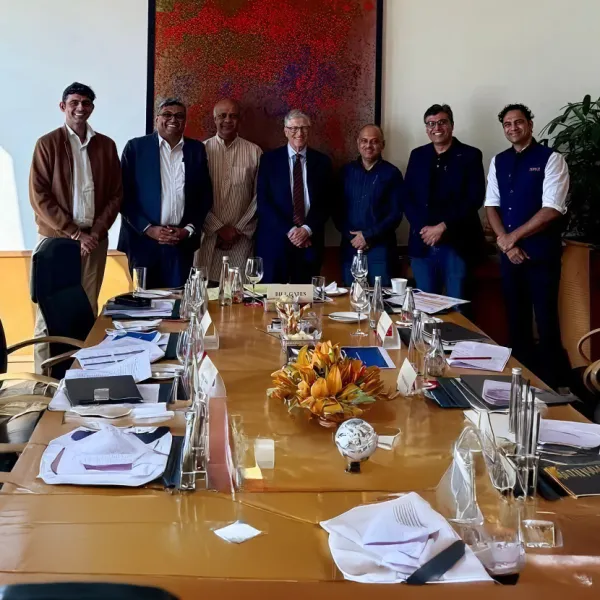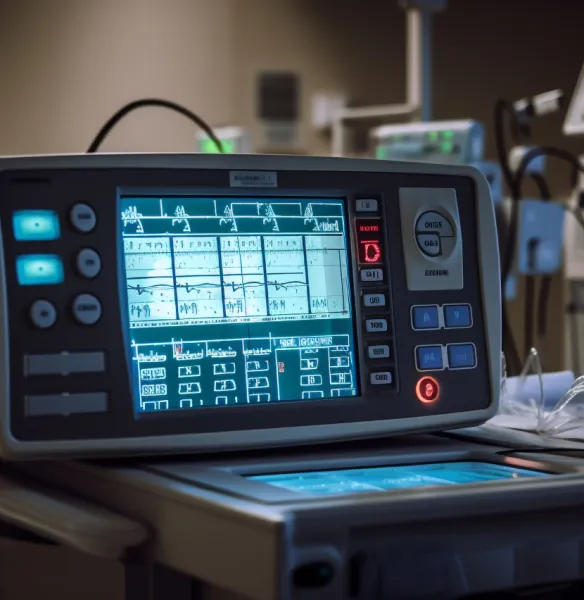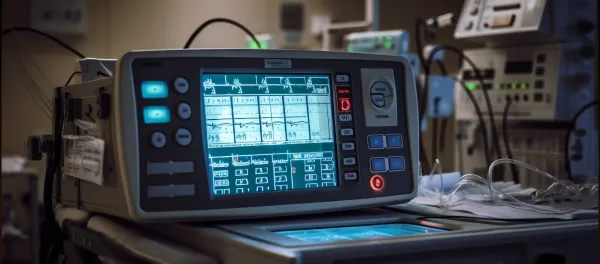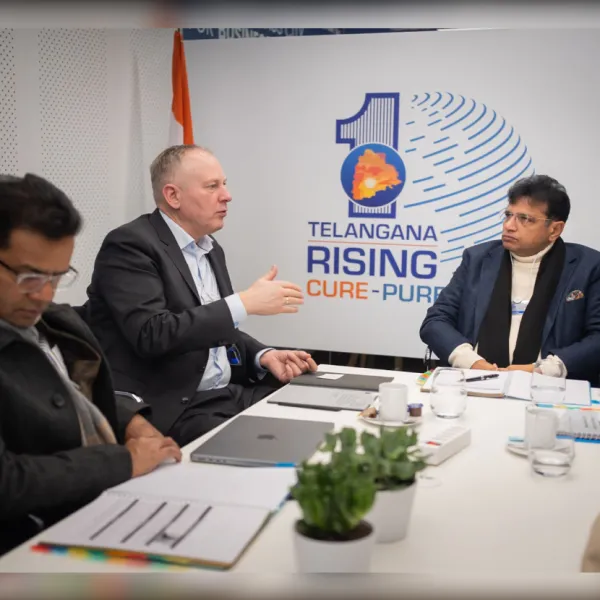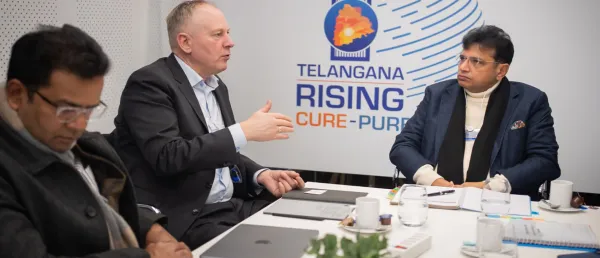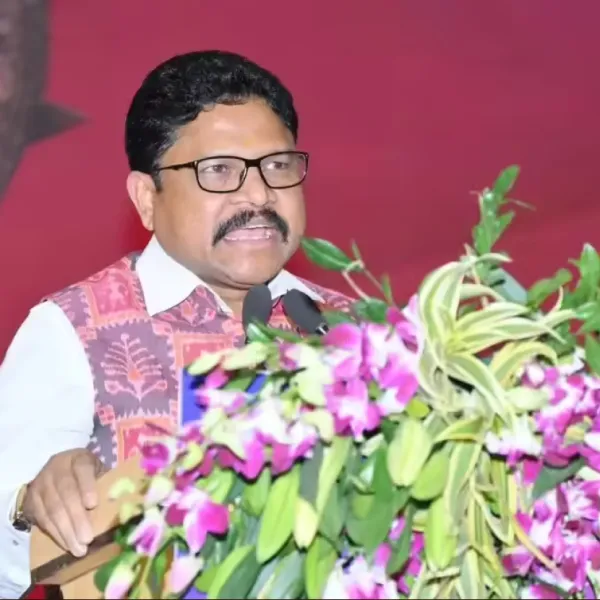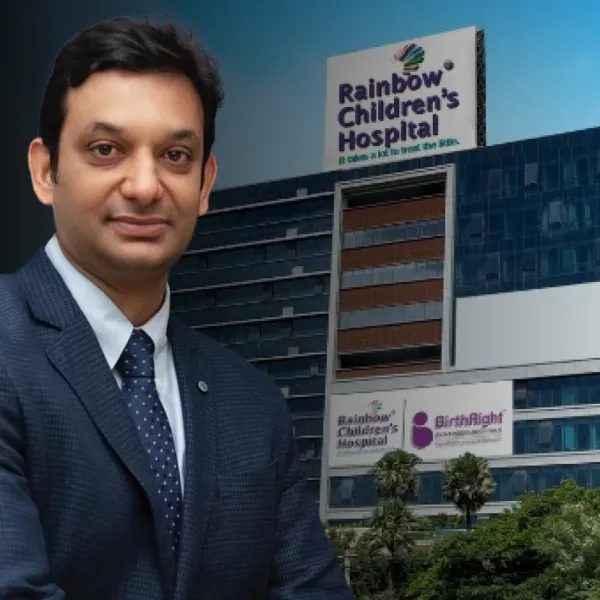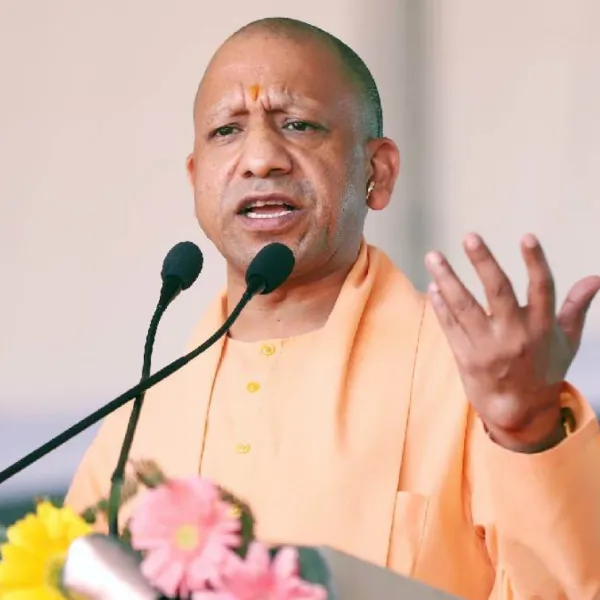Satya Nadella Helped Microsoft Developer Turn Son’s Medical Struggle Into AI-Powered Diagnostic Tool

Founded in 2017, Foundation 29 initially built a clinical-grade diagnostic tool using basic AI algorithms.
A Microsoft software developer’s personal battle to find answers for his son’s rare illness has led to the creation of an AI-powered healthcare tool, with support from Microsoft CEO Satya Nadella.
Julian Isla, a developer at Microsoft, spent nearly a year seeking a diagnosis for his infant son Sergio’s unexplained seizures, which were eventually identified as Dravet syndrome, a rare, severe neurological disorder.
Frustrated by repeated misdiagnoses, Isla began exploring how artificial intelligence (AI) could improve rare disease detection.
After hearing the Microsoft CEO publicly share his own experience of raising a child with cerebral palsy, Isla reached out directly, emailing Nadella his family’s story and idea for an AI-based diagnostic system. Nadella responded within minutes, connecting Isla to Microsoft’s AI healthcare team, a move that helped shape Isla’s nonprofit initiative, Foundation 29.
What is Foundation 29?
Founded in 2017, Foundation 29 initially built a clinical-grade diagnostic tool using basic AI algorithms.
The project later evolved into DxGPT, a diagnostic assistant powered by advanced language models and hosted on Microsoft’s Azure platform.
By 2023, DxGPT was providing clinicians with faster, AI-generated insights to support rare disease diagnosis. The tool reflects a growing effort to use AI in addressing medical challenges often overlooked by conventional healthcare systems.
What started as a personal mission for one family is now contributing to global efforts in rare disease care, offering a free, AI-backed tool to improve patient outcomes worldwide.
Stay tuned for more such updates on Digital Health News.
Stay tuned for more such updates on Digital Health News







